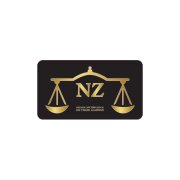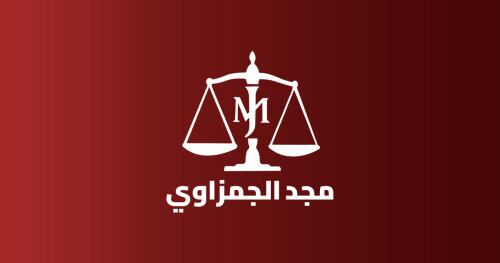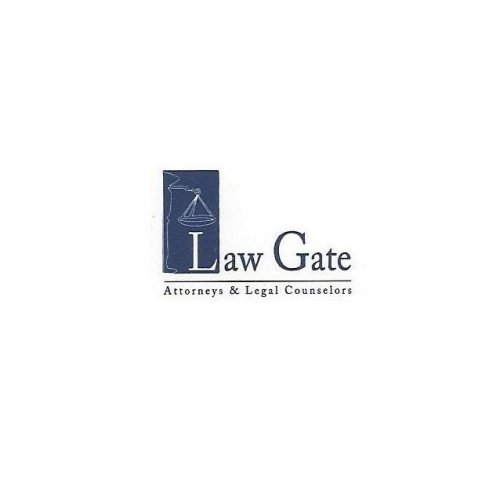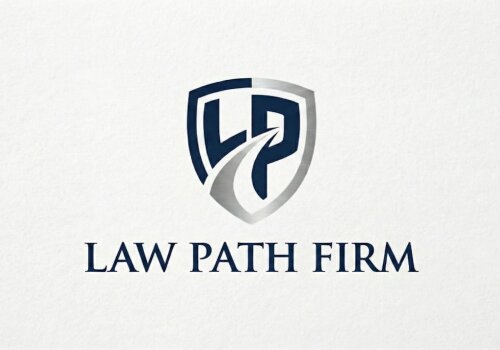Best Foreclosure Lawyers in Amman
Share your needs with us, get contacted by law firms.
Free. Takes 2 min.
Free Guide to Hiring a Real Estate Lawyer
List of the best lawyers in Amman, Hashemite Kingdom of Jordan

About Foreclosure Law in Amman, Hashemite Kingdom of Jordan
Foreclosure in Amman, Hashemite Kingdom of Jordan, follows the process as stipulated in the Jordanian Civil Law, which is used as a basis for legal proceedings pertaining to mortgage and foreclosure cases. Foreclosure refers to a situation where, by virtue of a mortgage default, a lender initiates a lawsuit to gain possession of the property in order to settle the default. The law stipulates that the creditor should go through the court to exercise right to foreclosure. It also prioritizes protecting the rights of both the debtor and the lender during the repossession process.
Why You May Need a Lawyer
Getting a lawyer to assist you in foreclosure matters can be critical due to the complex nature of foreclosure laws in Jordan. In situations such as filing for bankruptcy, defending against a foreclosure lawsuit, negotiating with lenders, or understanding the consequences of foreclosure-such as the implications it might have on your credit score-a qualified lawyer can offer expert advice. Furthermore, a lawyer can ensure that all procedures and documentation align with Jordanian law, protecting your interests in the process.
Local Laws Overview
According to the Jordanian Civil Law, a foreclosure lawsuit is initiated by the lender in cases of mortgage defaults. The property can only be sold under court supervision through a public auction. There exists a right of redemption, wherein the debtor can reclaim their mortgaged property by fully paying the debt before the court-ordered sale. Additionally, deficiency judgments can be pursued by lenders to cover any shortfalls between the sale price at auction and the remaining mortgage balance.
Frequently Asked Questions
1. Can I stop the foreclosure process once it starts?
Yes. By paying the outstanding balance or coming to a settlement with your lender, you can halt the foreclosure. Legal advice is recommended in these situations for the best outcome.
2. What happens if my property is sold at an auction for less than my mortgage?
In this case, the lender can pursue a deficiency judgment to cover the remaining mortgage balance. It is therefore important to have legal assistance to navigate the process.
3. Can I reclaim my home after it has been sold?
Jordanian law provides for a right of redemption, enabling you to reclaim your property by paying the full debt before the court-ordered sale.
4. How does foreclosure affect my credit?
Foreclosure can have a significant negative influence on your credit score. It can stay on your credit report for up to seven years.
5. How long does the foreclosure process take in Jordan?
The time frame can vary depending on several factors, including court schedules and whether or not the debtor disputes the action. It can take anywhere from a few months up to a year or more.
Additional Resources
The Ministry of Justice of Jordan has resources that can be useful for individuals seeking information or assistance with foreclosure. Other organizations like the Jordan Bar Association provide legal support and can aid in finding a lawyer specializing in foreclosure cases. International organizations like the Legal Aid Global Network also provide useful information.
Next Steps
If you find yourself dealing with a foreclosure, the first step is to seek legal advice. Contact the Jordan Bar Association for help finding a lawyer who specializes in this field. Keep all documentation related to your mortgage and the foreclosure process, and provide these to your attorney so they can understand and address your situation. Remember, there are legal protections in place to ensure that your rights are respected during a foreclosure process.
Lawzana helps you find the best lawyers and law firms in Amman through a curated and pre-screened list of qualified legal professionals. Our platform offers rankings and detailed profiles of attorneys and law firms, allowing you to compare based on practice areas, including Foreclosure, experience, and client feedback.
Each profile includes a description of the firm's areas of practice, client reviews, team members and partners, year of establishment, spoken languages, office locations, contact information, social media presence, and any published articles or resources. Most firms on our platform speak English and are experienced in both local and international legal matters.
Get a quote from top-rated law firms in Amman, Hashemite Kingdom of Jordan — quickly, securely, and without unnecessary hassle.
Disclaimer:
The information provided on this page is for general informational purposes only and does not constitute legal advice. While we strive to ensure the accuracy and relevance of the content, legal information may change over time, and interpretations of the law can vary. You should always consult with a qualified legal professional for advice specific to your situation.
We disclaim all liability for actions taken or not taken based on the content of this page. If you believe any information is incorrect or outdated, please contact us, and we will review and update it where appropriate.
















